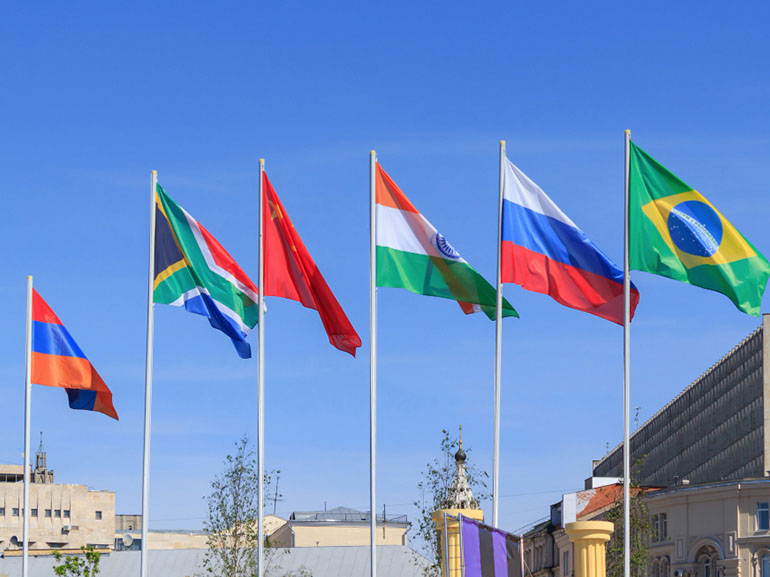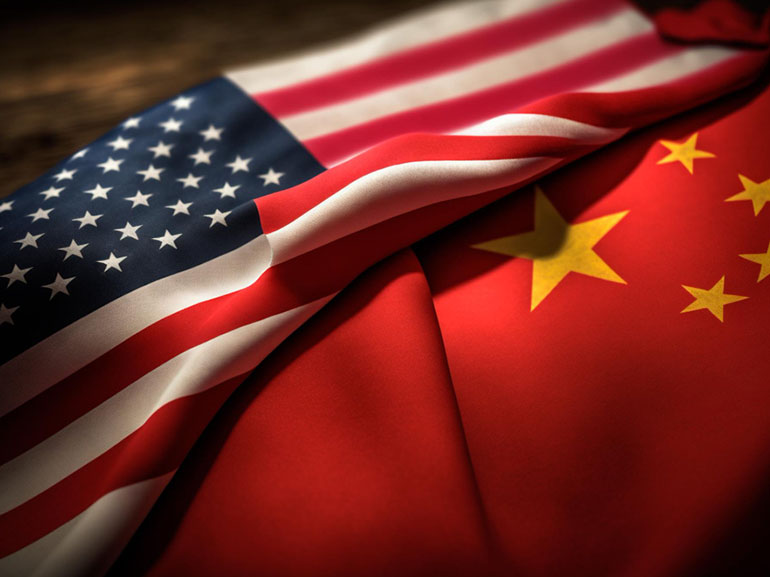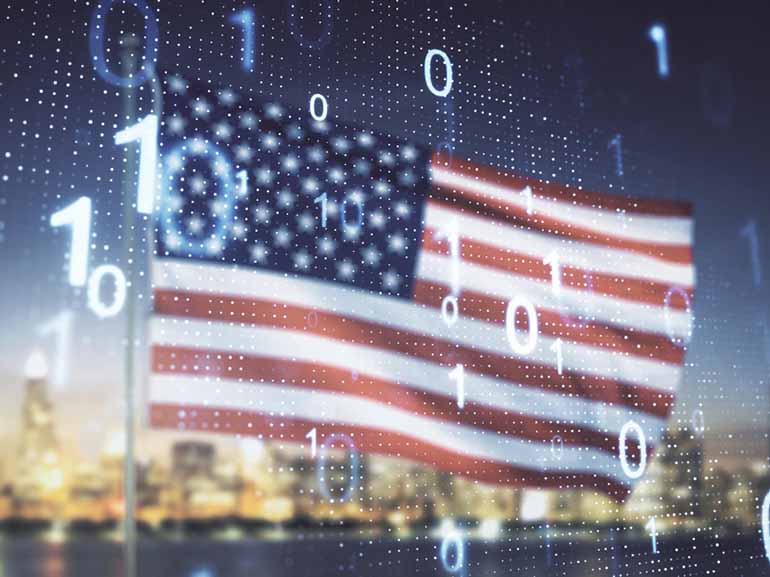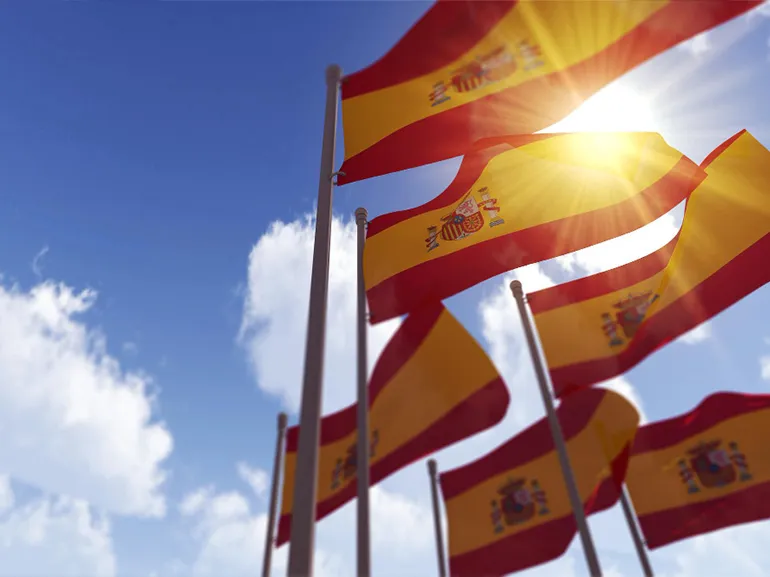BRICS Explained: What Is BRICS & Why Is It Important?
BRICS is an acronym that every trader and investor should know, as it refers to the political and economic powerhouse that shifts the world as we know it.
In this article, we explore BRICS, what BRICS means, and why it is important to the political and economic realms.
Let’s dive in:

TL;DR
BRICS is a group of emerging economies—Brazil, Russia, India, China, and South Africa—that seeks to challenge Western dominance in global political and economic institutions.
Its goal is to promote economic cooperation, reform institutions like the International Monetary Fund (IMF) and World Bank, and offer an alternative to traditional power structures.
The group has expanded to include several new members and partner countries, increasing its global influence.
What Is BRICS?
BRICS refers to a group of emerging economies that aim to boost their economic and political prowess. They are based on the belief that Western countries dominate the majority of international institutions.
BRICS Members
BRICS members are as follows:
Brazil
Russia
India
China
South Africa
Egypt
Iran
United Arab Emirates
Indonesia
BRICS Partner States
In addition to the member states, BRICS has partner states, which refer to countries that are supporters and observers but not yet official part of the bloc. The partner states are as follows:
Belarus
Cuba
Bolivia
Kazakhstan
Nigeria
Malaysia
Uganda
Thailand
Uzbekistan
BRICS History
2001: The term BRICS was coined by British Economist and former Goldman Sachs manager Jim O’Neill in 2001, who believed these countries would dominate the global economy by the year 2050. (Source: CFR)
2006: Foreign ministers from Brazil, Russia, India, and China (the initial BRIC General countries) met in September 2006 (in New York).
2009: BRIC members met formally for the first time on 16 June 2009 to provide more economic representation and power for developing countries. It was noted that international institutions were dominated by Western countries. Following this summit, BRICS declared the necessity of a new global reserve currency to reduce the reliance on the US dollar (however, it never came to fruition).
2010: South Africa joined BRIC in September 2010, following which BRIC became BRICS.
2024: The United Arab Emirates, Iran, Egypt, and Ethiopia joined BRICS in January 2024. Moreover, in October 2024, Algeria, Belarus, Bolivia, Cuba, Indonesia, Kazakhstan, Malaysia, Nigeria, Thailand, Turkey, Uganda, Uzbekistan and Vietnam were invited to participate as partner countries.
2025: Indonesia joined the BRICS on 6 January 2025, becoming the first Southeast Asian state to do so.
BRICS’ Goals
The block aims to do the following:
Solve economic problems like World Bank and International Monetary Fund (IMF) reforms.
Solve regional issues and geopolitical conflicts.
Cooperate with other economies to expand BRIC members’ power.
Provide an alternative to Western dominance in economic and political institutions such as the Group of Seven (G7), the UN Security Council, and the World Bank.
How Does BRICS Operate?
BRICS members have annual conventions whereby they aim to bridge economic gaps and create economic collaboration with other nations.
Each member state has a chairman (head of the member nation), and the position rotates once a year.
Conclusion
In conclusion, BRICS represents a significant shift in global economic and political dynamics. As a collective of emerging economies, it challenges the dominance of Western countries in global institutions and offers alternative solutions for addressing economic and geopolitical issues. With its growing number of members and partners, BRICS is becoming a major force in shaping the future of global trade and governance. Understanding the importance of BRICS is essential for traders, consumers, and anyone interested in the evolving landscape of international relations.
FAQs
What does BRICS stand for?
BRICS stands for Brazil, Russia, India, China, and South Africa, a group of emerging economies aiming to influence global economic and political power.
Why is BRICS important?
BRICS is important because it provides an alternative to Western-dominated global institutions and focuses on addressing economic and geopolitical challenges that affect developing nations.
Who are the BRICS partner states?
Partner states are countries that support BRICS but are not yet official members. These include nations like Belarus, Cuba, and Malaysia, among others.
When was BRICS established?
The term BRICS was coined in 2001, and the group officially began meeting in 2009. South Africa joined in 2010, and the group expanded in 2024 and 2025.
What are BRICS' goals?
BRICS aims to reform international institutions like the IMF and World Bank, resolve regional conflicts, and provide alternatives to Western dominance in global governance.







